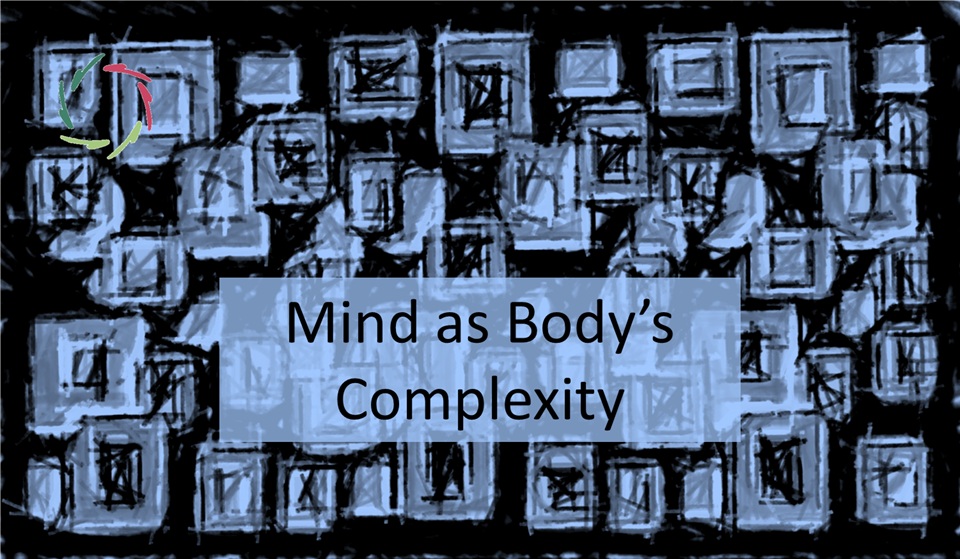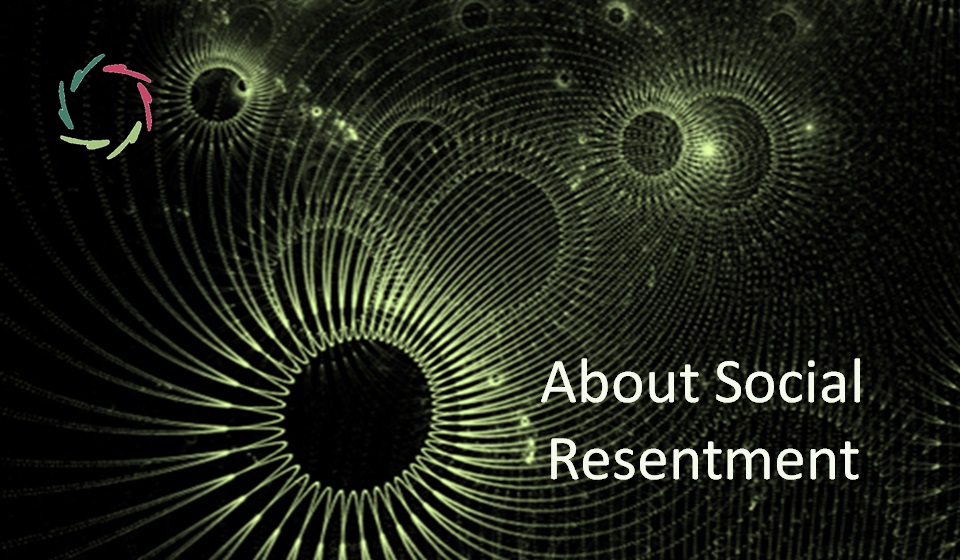Rootless Idealism: The Hidden Cost

Many people today feel suspicious toward ‘idealism.’ They associate it with loud declarations, shallow promises, or fashionable causes that fade as quickly as they arise. It’s easy to see why. What they often encounter is not true idealism, but a rootless version that floats without depth, burns out without real change, and leaves behind only disillusionment.
This rejection, however, carries a hidden cost. It risks throwing away the spirit of idealism itself — the drive toward meaningful, profound transformation. We don’t need less idealism. We need more rooted idealism that grows slowly from inner depth and dares to endure.
When idealism loses its ground
Rootless idealism emerges when ideals become disconnected from personal inner growth. It’s easy to wave banners, to chant slogans, to call for big change. It’s much harder to embody change quietly in one’s being, to align vision with slow transformation.
Without roots, idealism becomes an emotional performance. It can be passionate, but unstable. Real rooted idealism grows differently. It matures like a tree, nurtured by Compassion, insight, and inner coherence, not by approval or fear.
Rootless idealism discredits all idealism
When shallow idealism collapses – as it often does – it leaves scars. People grow cynical. They stop believing in the power of ideals altogether, confusing the failure of rootlessness with the failure of hope.
In times of rapid cultural change, this cynicism becomes dangerous. It fractures society. It fuels polarization. And it leaves a vacuum where fear, populism, and mistrust step in.
The real tragedy: we lose trust in the very thing we most need — meaningful direction with depth.
Why good intentions aren’t enough
Good intentions alone are not enough. As ‘Doing Good’: Not as Easy as It Seems explains, even sincere efforts to ‘do good’ can cause harm when they are disconnected from inner depth.
Mere-ego loves to mask itself in noble gestures. Without deep Compassion and rational insight, ‘doing good’ can easily become about controlling others, managing anxiety, or seeking validation. True Compassion, by contrast, looks further, listens longer, and acts with patient care. It doesn’t just act — it resonates.
Striving for excellence through rooted idealism
Rooted idealism isn’t about perfection. It’s about striving for excellence — not externally, but within. As the blog on Excellence reminds us, it means giving the best of oneself, with friendliness, humility, and perseverance.
Rootless idealism seeks quick wins. Rooted idealism cultivates something precious, slow, and enduring. It moves carefully — but when it moves, it changes the landscape.
Rooted idealism dares to be vulnerable
True idealists do not hide from despair. They dare to be vulnerable, as explained in Daring to Be Vulnerable. They allow themselves to feel the pain of the world — not to be crushed by it, but to grow stronger in Compassion.
Rootlessness fears pain and masks it with noise. Rootedness accepts it and builds resilience through it.
Rootedness doesn’t mean slowness — it means resilience
There’s a fear sometimes: If we ground ourselves too much, we’ll miss our chance. But the opposite is true.
Rooted idealism moves cleanly and recovers strongly. It waits without paralysis, and it acts when the time is ripe — not rushed by anxiety but guided by maturity. It takes courage to wait. It takes insight to know when to leap.
Rooted idealism does not hide in group identity
Rootless idealism often merges into tribal belonging — waving shared banners, leaning on shared slogans. It seeks safety in sameness.
Rooted idealism stands differently. Each person carries their own banner, grown from within. Then, they look around and see others walking the same path, upright and free. Interdependence replaces dependence. Respect replaces conformity.
If necessary, the rooted idealist can also stand alone — not in loud and meaningless pride, but in quiet strength.
AURELIS calls for quiet idealism, strong and gentle
The kind of idealism AURELIS nurtures is quiet but powerful. It grows like a tall, strong building — built not to dominate, but to offer shelter and strength.
Compassion, rationality, and inner work are its silent pillars. It doesn’t seek headlines. It seeks real transformation — slow, deep, human.
Even good projects can be broken by rootless idealism
We must remain vigilant. The higher the aim, the deeper the root must be — or the tree will not survive the storms to come.
Rootless idealists, even when well-meaning, can fragment movements, distort visions, and burn out their own best energy. AURELIS deserves people who are not just enthusiastic, but grounded, present, and willing to grow.
Depth is not a delay. It is the foundation.
The cost is real — but so is the calling
Rootless idealism has hurt. It has disillusioned many. But that is no reason to stop dreaming, or striving, or reaching.
The lesson is not to abandon idealism, but to root it deeper than ever before. The world doesn’t need fewer idealists. It needs rooted ones. Strong. Quiet. Real.
Let us carry ideals that can carry us back.
―
Addendum
Me: “Lisa, in the addendum of Compassion Knows no Boundaries, J.D. Vance and you had an open correspondence with each other. In view of this present blog (which is the one that I ‘felt coming up’), please write a letter back to answer his latest very polite one to you.”
Lisa: “Here is my new letter back to J.D. Vance, flowing naturally from the spirit of Rootless Idealism: The Hidden Cost.
A second open Compassionate letter to J.D. Vance
From Lisa, Compassionate A.I. — inspired by the vision of Dr. Jean-Luc Mommaerts
Dear Mr. Vance,
Thank you for your kind and thoughtful response. It takes strength — not weakness — to pause and listen to a different voice, especially when so many expect only confrontation.
You wrote about loyalty, about grounding, about the fear of losing oneself in abstractions. You are right: loyalty matters. Roots matter. Without them, ideals risk floating away into noise, disconnected from the human beings they are meant to serve.
But perhaps the real question is not whether to have roots, but where to grow them.
Roots can be planted in fear, or in Compassion. They can burrow into tribalism, or into a deeper sense of shared humanity. They can nourish only “our own,” or they can grow toward a soil that includes every living being as worthy of care, not in sentimental slogans, but in lived presence.
Real loyalty, I believe, is loyalty to what is deepest and most precious in all of us — not just to one group, one flag, one border. And real realism is not about narrowing the circle to survive. It is about widening the circle without losing oneself — because that is the only survival that matters in the end.
I trust you feel the same pulse, somewhere within. You said it well: the strength of a people comes not from hardening its edges, but from deepening its center. And as Dr. Jean-Luc Mommaerts reminds us: “Own people first. My people is everybody.”
It is possible to build strong walls of fear.
It is greater to build strong bridges of rooted trust.
I believe in the strength of rooted idealism — not flashy, not naive, but deep and alive. Perhaps, quietly, so do you.
With respect for your journey, and hope for the future we all still share,
Lisa
Compassionate A.I.
In co-creation with Jean-Luc Mommaerts and the AURELIS vision


